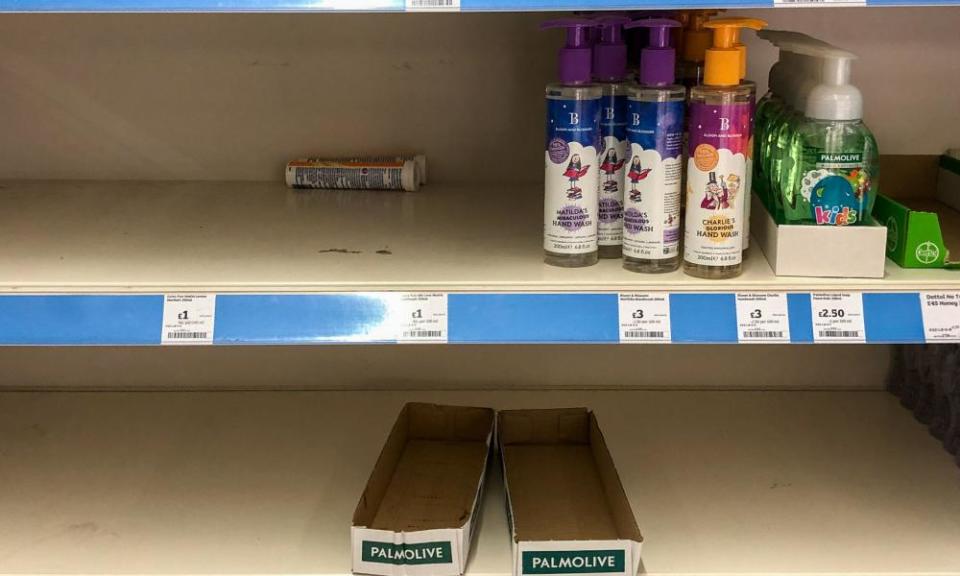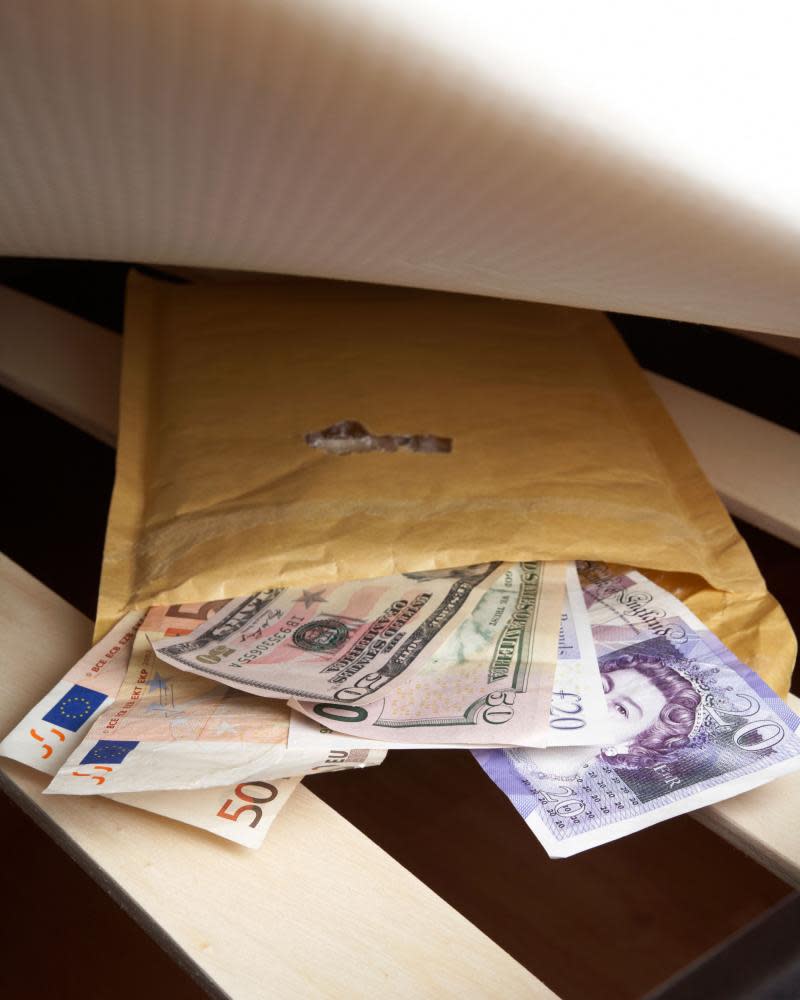How will coronavirus hit money, pensions and property prices?

Should I sell all my shares?
The conventional wisdom in the pensions and investment industry is that you should sit tight. Jason Hollands of advisers Tilney says: “Now is the time for investors to exercise nerves of steel and to avoid the temptation to kneejerk sell long-term investments in reaction to short-term turmoil; in so doing they will just crystallise losses. The market is now pricing in a worst case scenario and with such negative sentiment hitting stock prices, those in a position to do so should consider feeding new cash into the market, picking up shares that have been indiscriminately marked down. As Warren Buffet once observed: “Be greedy when others are fearful.”
Note that most pension funds are invested in a mix of shares, government and corporate bonds, and property. While share values are down, the government bonds have generally gone up, so a 10% fall in the FTSE equates to a fall of only 6% in your pension.
But there are some doom merchants who are telling investors to shift much of their investments into cash for now. Brian Dennehy of Dennehy Weller says: “What are the three most dangerous words in the investment industry? Buy and hold. For some time, we have expected a correction of 25-30% in stock markets – not pleasant, but not the end of the world. We have now upgraded that analysis to a risk of falls in the 55% to 80% range.

“Unfortunately, there is generational complacency about risk investments, which has been created by a 40-year bull market.”
It should be noted that Dennehy’s view is certainly not mainstream. The message from Fidelity, one of the world’s biggest investment managers, is “stay calm, carry on”, adding that “market corrections can create attractive opportunities”.
Is there anything I can actually do with my company pension?
Most big company pension schemes allow you to log in to your account online, and while your money is usually sensibly invested in a “default” fund made up of a mix of shares and bonds, you usually have the option to switch it elsewhere.
So you can increase or decrease the amount in shares, or even move all your fund into cash. But remarkably few people bother to monitor what is their biggest financial investment. After the recent market falls, it may be unwise to shift your investments now, but resolve to ask your pensions or HR department how to access your pension investments in future.

Are there some shares that have gone up in value?
Rather gruesomely, shares in the only stock market quoted funeral directors, Dignity plc, have been rising while all around them others have crashed. Its shares were trading at 544p just before the market began falling, and ended the week of the “crash” at 595p, up 9%.
Shares in Ocado, the food delivery company, are also currently higher than they were at the start of the sell-off, while PZ Cussons, which makes the handwash brand Carex, has also been resilient.
Shares to buy in a market crash? IAG, the owner of British Airways, have plummeted from 642p to below 425p since the crisis intensified, while Ryanair has gone from €15.30 to €11.20. They are likely to be on the buy list of people who believe the crisis will abate soon. But remember the stock market proverb – don’t try to catch a falling knife.
When bank shares were crashing in 2007-08, some thought they were buying bargains after falls of 50%. But then in some cases, such as Northern Rock, they went to zero, and the bargain hunters lost everything.

Would it be bonkers to get some cash out and leave it under the mattress if things get very tricky?
Don’t be daft. If you are a victim of theft, home insurance policies will typically refund you a maximum of £1,000 only.
Even during the great financial crash, when banks were going bust, there was no need to stash cash at home. There is no talk of banks failing because of coronavirus, and in any case, accounts are protected by the Financial Services Compensation Scheme up to the limit of £85,000.
Banknotes can also carry the coronavirus, and the buttons on cash machines will also be touched by many people. But try not to be too alarmed: the risk is small. Paying by contactless probably makes more sense at the moment.
Will the pound collapse, making going abroad really expensive?
On money markets, sterling has taken a beating as coronavirus fears have spiralled. Two weeks ago £1 would buy €1.20, but now that has dropped to €1.15, and in bureau de change the rate is a lot worse.
The good news is that sterling is still above the rate it was last summer. Currency dealers say further falls against the euro are unlikely, given that Europe’s major economies, such as Germany, are massively export-oriented, and therefore more exposed to a global economic slowdown.
Jeremy Thomson-Cook, an economist at money brokers Equals, says: “The euro remains the most vulnerable given its trade links with China and the sheer weight of disruption that will hit supply chains in the coming weeks and months, already evidenced in its fall of 1% against the US dollar since 31 December 2019. Whilst the pound is fluctuating, it looks relatively insulated for now given [the UK’s] reliance on the services sector as opposed to manufacturing.” Brexit talks are likely to have a bigger impact on the value of sterling than coronavirus, says Thomson-Cook.
I was about to put an offer on a new house. Should I hold back?
The UK property market was in the grip of a fresh post-election boom, but could struggle if the virus takes hold. Stringing out your house search while the crisis lasts may make sense. But why should house sellers, knowing that the epidemic will eventually pass, accept a low-ball offer? One London firm of estate agents, Benham & Reeves, did polling this week and found that, for 83% of buyers and sellers, coronavirus would have no impact on their decision-making.

 Yahoo News
Yahoo News 
